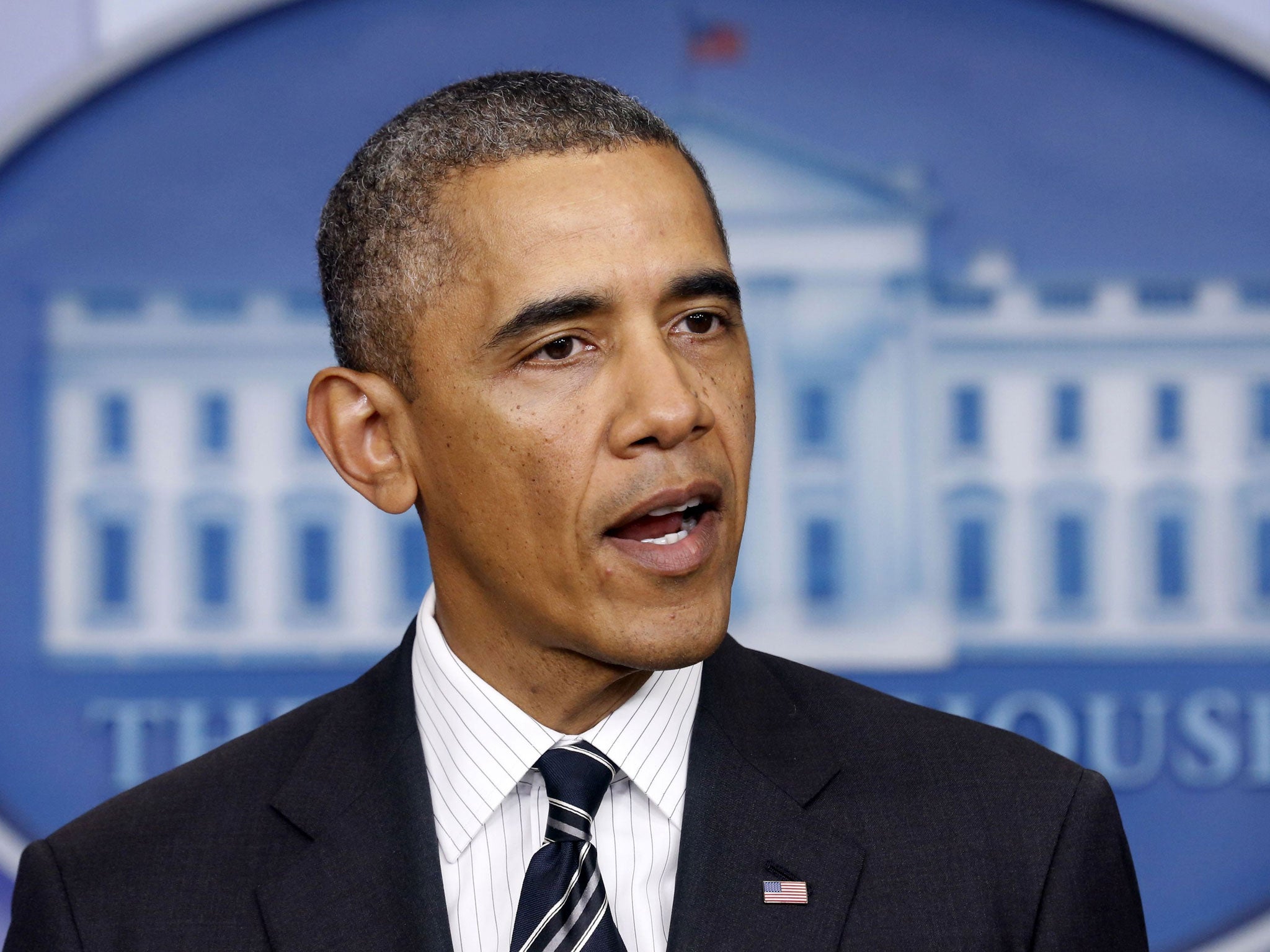Indyplus update: First US government partial shutdown in 17 years begins as Congress fails to strike budget deal before deadline

Your support helps us to tell the story
From reproductive rights to climate change to Big Tech, The Independent is on the ground when the story is developing. Whether it's investigating the financials of Elon Musk's pro-Trump PAC or producing our latest documentary, 'The A Word', which shines a light on the American women fighting for reproductive rights, we know how important it is to parse out the facts from the messaging.
At such a critical moment in US history, we need reporters on the ground. Your donation allows us to keep sending journalists to speak to both sides of the story.
The Independent is trusted by Americans across the entire political spectrum. And unlike many other quality news outlets, we choose not to lock Americans out of our reporting and analysis with paywalls. We believe quality journalism should be available to everyone, paid for by those who can afford it.
Your support makes all the difference.Partisan gridlock in Washington has triggered a partial shutdown of the US government, with Republicans and Democrats failing to agree a deal to keep federal agencies funded past a midnight deadline.
With no budget, the US government will have no choice but to send hundreds of thousands of federal workers on unpaid leave, affecting agencies as varied as the Justice Department, Nasa, the National Parks Service and the Pentagon in the first shutdown in nearly two decades.
Earlier, as Republicans in the House of Representatives refused to budge on their demands that any funding measure include provisions to delay or water-down the President’s signature healthcare reforms, Barack Obama warned that a shutdown would throw “a wrench into the gears of our economy at a time when those gears have gained some traction.”
According to the White House, a shutdown lasting one week would cost the US economy something in the region of $10bn.
Congress had until midnight last night to agree on a stopgap budget to keep the money flowing to government departments into the new fiscal year beginning today.
But Republicans in the House of Representatives refused to countenance any measure that left the President’s healthcare reforms - known collectively as Obamacare - untouched. The Senate, which is controlled by President Obama’s Democrats, was equally adamant, stripping out any Obamacare-related provisions in funding bills approved by the House and demanding that the Republican-controlled chamber approve a “clean” bill, one that deals solely with the budget issue.
But, under pressure from a cabal of right-wing Republicans, the party’s leader in the House, John Boehner, refused to put forward a straightforward budget measure. Late last night, the House leadership mooted the idea of commencing negotiations, via a legislative process known as conference, with the Senate instead of simply sending bills back and forth between the two chambers with no prospect of a resolution. But the idea was rejected by the Democratic leader in the Senate, Harry Reid, who said: “We’re not going to go to conference with a gun to a head.”
The result: a partial shutdown of the government that the President warned earlier would “have a very real economic impact on real people, right away.”
“In the event of a government shutdown, hundreds of thousands of these dedicated public servants who stay on the job will do so without pay,” he said, speaking from the White House press briefing room late on Monday afternoon. “And several hundred thousand more will be immediately and indefinitely furloughed without pay. What, of course, will not be furloughed are the bills that they have to pay - their mortgages, their tuition payments, their car notes.”
The focus now will be on the length of the shutdown. The longer the budget impasse in Washington, the greater the risk to economic growth. In the event of a shutdown lasting more than a few days, lawmakers will also be under pressure to agree a deal that resolves not just the budget issue but also the thorny question of the US debt ceiling, which will pop up on the agenda around the middle of October. The government runs out of room on its Congressionally-mandated debt limit around 17 October. If Congress fails to raise the limit on time, the US would face defaulting on its debts, an outcome that would likely throw world markets into a tailspin.
Join our commenting forum
Join thought-provoking conversations, follow other Independent readers and see their replies
Comments